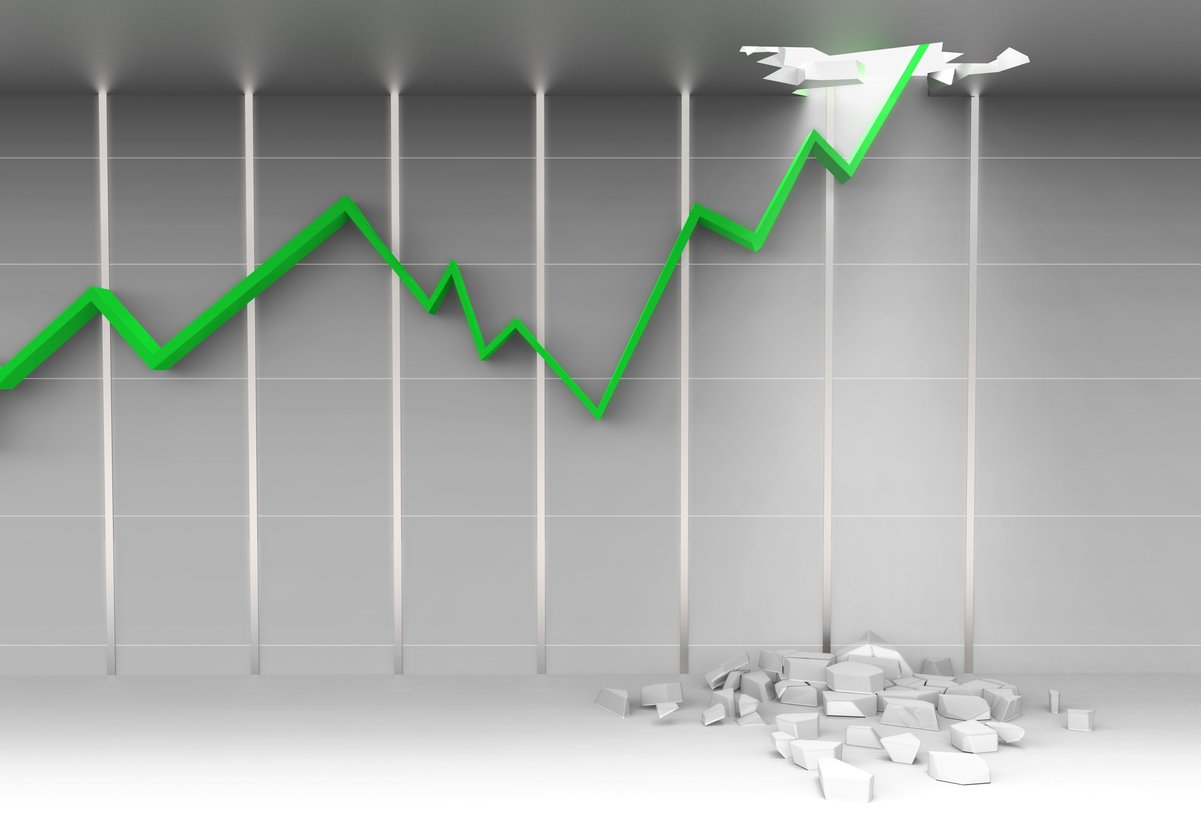After falling into bear market territory (marking a 20% decline) in late September, the Dow Jones Industrial Average (^DJI 0.63%) has recovered some and is now down about 8% for the year. Part of its recovery has come from top stocks, including Caterpillar (CAT 0.78%), up almost 10% in 2023.
However, there are still some high-quality Dow stocks that are down more than 20%, and they're the ones that have held the Dow back from a full recovery. This includes Home Depot (HD 0.65%) and Walgreens Boots Alliance (WBA +0.00%), both down more than 21% at recent prices.
But history has shown us that often the best time to buy great companies like this is when the market has turned its back on them. It may seem like a scary time to be buying stocks, but the market will recover and return to growth, and these two -- along with the winner in Caterpillar -- will likely prove to be no-brainer buys right now.
1. The winner that should keep on winning
With shares up almost 10% in a tough year for most stocks, Caterpillar has proven resilient in a tough environment. While inflation has weighed on its margins, and supply chain pressures have affected its ability to meet demand, the heavy machinery maker has continued to prove a cash cow despite all the challenges.
And while it will face future pressures when the demand cycle softens for heavy machinery, Cat has also made its services business a bigger priority and a source of more consistent cash flow. Today's Cat -- and the one in the future -- will likely be less affected by demand downturns.

NYSE: CAT
Key Data Points
From a valuation perspective, Cat might look a bit pricey today, trading for 17 times trailing earnings and 32 times cash flow. But that doesn't paint a great picture; Cat's cash flows are near the bottom end of what management expects it can generate across the cycle. Based on that, Cat's stock price looks closer to fair and maybe even a bit cheap for long-term investors. With a 2% yield and a near-decade streak of growing the dividend, there's plenty of incentive for investors to buy and hold Caterpillar.
2. A turnaround has made Walgreens a deep-value stock
The healthcare industry is changing, and Walgreens is changing with it. For decades its name has been associated with its pharmacy chain, with thousands of neighborhood locations. Like most pharmacies, Walgreens makes a lot of money counting on foot traffic from customers who also use its stores to buy other goods. The COVID-19 pandemic hit this foot traffic hard, particularly in the early days, but Walgreens was already in the midst of a pivot to bring more healthcare services into its stores. And so far, it looks like those efforts are paying off.

NASDAQ: WBA
Key Data Points
Walgreens has also taken steps to significantly lower its operating expenses and grow digital sales, a way it can further leverage its convenient locations so close to millions of potential customers.
Yet this Dividend Aristocrat's shares continue to trade as if the company faces a tough road ahead. With shares trading for about nine times forward earnings estimates, and a dividend yield near 4.7% (and almost a half-century of annual dividend increases), Walgreens is a deeply discounted no-brainer Dow stock worth buying now.
3. Looking past the housing downturn to future profits
Home Depot may seem like a retailer set for big struggles ahead. The housing market has gone into a steep downturn, and the Federal Reserve's efforts to stamp out rampant inflation could send the U.S. into a recession. Those things combined seem to spell doom for Home Depot's prospects. And frankly, things could be tough in the near term. That's clearly what the market thinks, with its shares down almost 25% (though they have recovered somewhat in recent months).

NYSE: HD
Key Data Points
But the secret to successful stock investing is knowing when the market's fears have given you an opportunity to profit. Buying Home Depot shares while they're still down by double-digits is likely to prove one of those opportunities.
That's the case because Home Depot's core business is likely to prove very resilient, and even if a sharp downturn hits its bottom line hard, it's a company worth owning when things turn around.
A few data points: The average U.S. home is 37 years old, and we are significantly undersupplied based on new construction and new household formations over the past decade. That means homeowners will need to continue spending money to improve and update their older homes, and on the other side of this housing downturn, the structural shortage of housing will remain. Those are both excellent reasons to own the leading home improvement retailer in the U.S.
Trading for around 19 times trailing and forward earnings, and a dividend yield of 2.4%, Home Depot may not be bargain-basement, but it's on the cheaper end of its historical multiples. Patient investors will be happy they bought Home Depot when the market does return to growth.






